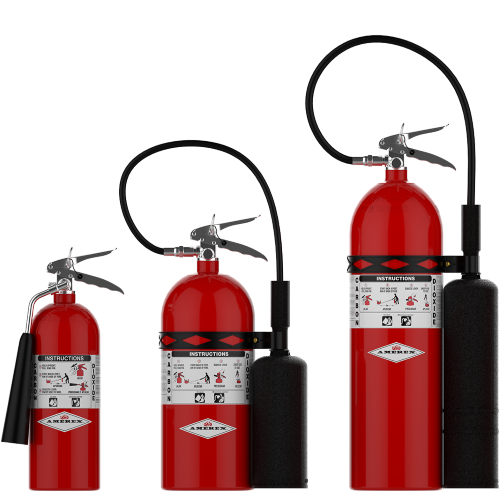In the world of fire safety, it’s not just about having the equipment it’s about making sure the equipment performs flawlessly when it’s needed most. Fire extinguisher servicing is no any longer merely routine maintenance. In fact, it’s become a mandatory requirement for all companies selling fire equipment who are committed to safety, reliability and compliance.
In the event that you manage a busy storefront or manage the portfolio of clients you serve, understanding the nuances and nuances of fire extinguisher inspections or recharge, as well as tagging is crucial to build trust and longevity in this highly specialized business.
The significance of Fire Extinguisher The importance of checking the fire extinguisher is often overlooked.
Each extinguisher in the wall of a commercial building might appear ready but is it actually functional? The only way to be certain is to inspect the extinguishers for fire. The process requires more than a simple glance. Certified technicians must look at the nozzle’s pressure and conditions, as well as seals, tamper indicators, expiration dates, general wear, and nozzle seals.

Image credit: servicedfireequipment.com
Miss one of these procedures, and you’ll leave a customer vulnerable not just to fire dangers, but also to fines and code violations. Dealers of fire equipment that work with an inspection company that is professional can provide peace of mind to their clients, since they know that every item is in conformity with industry standards and suitable for use in the real world.
Reasons why You Need Fire Extinguisher Charges aren’t Optional. It’s Essential
It’s clear that a half-used or discharged extinguisher can be a serious risk. If it has been accidentally depressed or used for small-scale fires in the kitchen, it could only be considered safe after it has been properly recharged. This is where the importance of charging fire extinguishers is apparent.
Recharging involves replacing or refilling extinguishing agents, repressurizing cylinders, and making sure internal components have not been damaged. This procedure requires precision and expertise in the various types of extinguishers (dry chemical, foam CO2, etc.). This process requires precision, knowledge of the different types of extinguishers (dry chemical CO2, foams, etc.).) and the most modern equipment.
A lot of dealers are now outsourcing this job, allowing them to cut costs while maintaining high-quality.
How do you safeguard your business and customers from fire with extinguisher tags
This is a small detail that may appear small, but it has a huge impact it’s the tag.
Fire extinguisher tagging is the documented proof that a unit has been inspected, maintained, and certified according to state and federal safety codes. The tag contains dates of service, technician’s ID, kind of inspection performed and next service due. The tag is far more than just a piece of paper. It’s a layer of protection from the risk of liability for business owners. Dealers view it as badges that show their trustworthiness.
The incorrect or erroneous use of tags could result in a failure to pass safety inspections or fines. They can also cause a loss of trust from clients. It is essential to work with a provider that adheres to accurate and legally compliant tagging is vital.
A more efficient business model: Outsource Service Own Relationship
Many fire equipment dealers prefer building relationships with clients and closing sales, rather than running an internal service department. This is why outsourcing fire extinguisher servicing that includes inspection, recharge and tagging to an expert service provider is now the most popular option across the U.S.
Dealers can lessen their liability and grow faster by shifting the technical responsibility. They can also make sure that every extinguisher sold or leased can meet the task when it comes to safeguarding property and lives.
Final Thoughts
Maintenance of fire extinguishers isn’t a secondary concern in today’s safety conscious business environment. It’s now a crucial component of the business success. Dealers who value thorough inspections, reliable recharge, and legally sound tagging are not selling their products, but providing peace of minds, trust and security. And in the fire protection industry, it’s that kind of value that will never run out.
